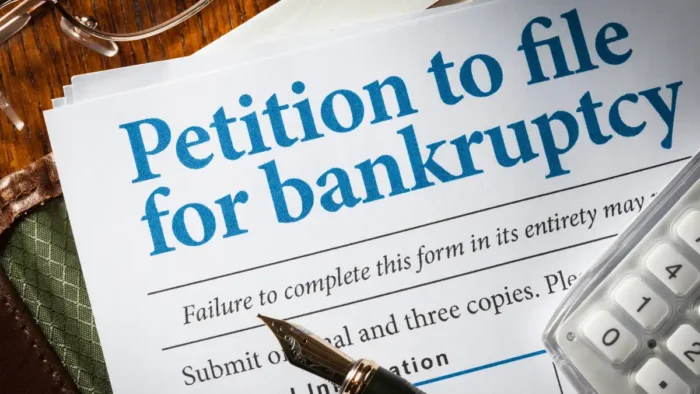If you are struggling with debt and have been unable to solve your ever-growing economic issues, you may consider filing for bankruptcy. However, you might have heard that there are different types of bankruptcy; each one works in different ways and carries different long-term consequences.
If so, you would benefit from working with a Bankruptcy Attorney in West Palm Beach who can give you the legal guidance you need and the reassurance that there is a light at the end of the tunnel. Let’s see precisely how a bankruptcy attorney can help.
What Does a Bankruptcy Lawyer Do?
A bankruptcy attorney is a legal professional specializing in guiding clients through bankruptcy. They prepare all needed legal documents and represent their clients in court. They must be licensed in the state in which they practice.
There are many crucial matters on which your bankruptcy lawyer can advise you, among them:
Bankruptcy is a complicated process that someone not knowledgeable about should not try to navigate alone. You do not want to make any mistakes when you are already struggling with so much stress and financial distress.
How Do You File for Bankruptcy?
To start the bankruptcy process, you must complete a bankruptcy petition. Within it, you will have to list all your creditors, and they will, in turn, get a notice from the bankruptcy court informing them of the time they have to raise any objections (they are not likely to). After the petition has been filed, you will be given a date for a hearing. This is known as the meeting of the creditors, and it allows them to ask questions regarding your financial situation.
What Types of Bankruptcy Are Available to Me?
Individual consumers usually file one of two different bankruptcy types. Chapter 7, straight liquidation bankruptcy, allows individuals to erase their debts by crafting a payment plan with their creditors. This option works well for consumers whose debt far exceeds their wages or income, which means they are aware of the fact that they will be unable to repay their debts. This may also be the case for people who have lost their jobs either by getting downsized or fired or for those facing unexpected medical expenses due to an illness or accident.
The other type of bankruptcy that is common amongst consumers is Chapter 13, or what is called the wage earner’s plan. In this one, you agree to repay your creditors as much as you can without undergoing any hardships in a timeframe that does not exceed 60 months or five years. When you file Chapter 13, the bankruptcy trustee reviews your forms and ensures you commit all your disposable income or earnings to your repayment plan. After completing the repayment plan terms, a discharge eliminates the rest of your unsecured debt.
Both bankruptcy types allow debtors to receive an automatic stay as soon as their paperwork has been filed. This automatically stops creditors from taking specific actions against you, such as filing a lawsuit to collect their debt. They are also unable to repossess your car or foreclose on your home. They also cannot start or continue wage garnishment.
What Does a Trustee Do?
The job of a bankruptcy trustee is similar to that of a financial planner. They are the ones who will review your finances and decide whether there is any unprotected property that might be sold to repay your creditors. They will also look at your property to decide whether any of it is exempt, which would protect it from creditors. The nonexempt property includes artwork, jewelry, luxury cars, and vacation homes, among others, which can be sold without you losing the basic necessities of life.





